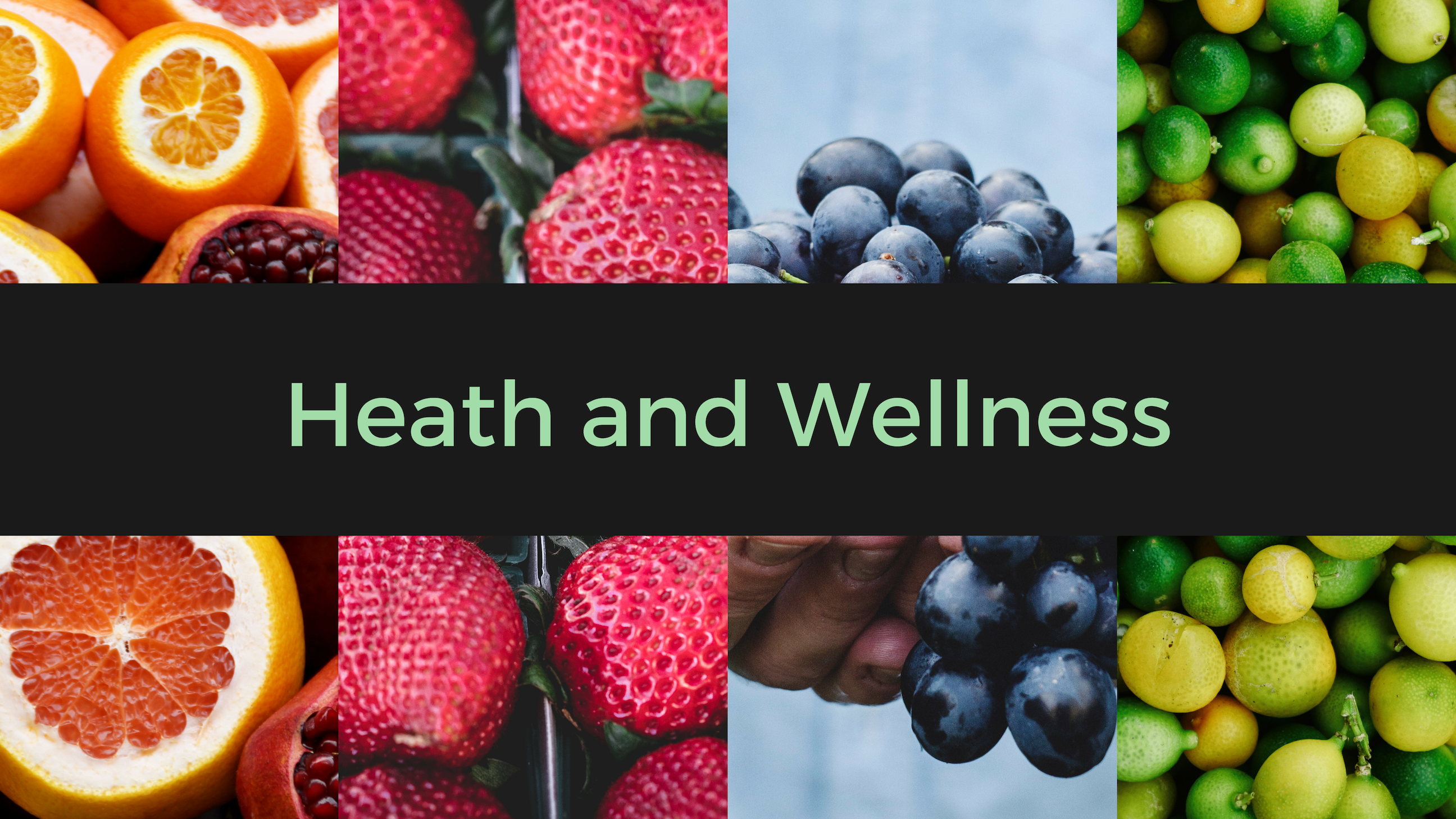Despite claims that the “golden key” to health can be found through craze diets, fitness gurus, and vitamin regiments, one thing we should take into 2019 is that wellness is subjective, personal, and extends beyond what’s on your plate. Building your own relationship with food, nutrition, and personal health can take time, especially if you have additional dietary restrictions. But busy college life should not be a limiting factor to controlling what and how you eat. Christina Patterson, the U of R Dining Services dietitian and nutritionist, works to make sure that students not only have access to balanced food options during every meal time, but also to the resources students may want to learn more about personal health and wellness.
Harvest Table’s student education programming includes monthly health and wellness pop-up events, which Patterson started organizing with Harvest Table chefs this past fall. You may have seen them at various dining locations on campus or at Eastman, giving away food samples and promoting new menu items. Some of these events have included a mystery smoothie tasting, where students guess the ingredients in vegan smoothies; whole grain-focused giveaways with a matching game and cranberry apple salads; and self-care packages with sleep masks, teas, and lavender sachets made with essential oils. When asked about her design for the pop-up events, Patterson said, “I love being able to work in the information about wellness along with nutrition, because both are so important for overall health; I think the pop-up event format is a great way to share this information with students, without overwhelming them with too much of it all at once!”
Christina meets with students to answer any questions they have about eating on campus, particularly to find food that accommodates dietary needs like Kosher, Halal, gluten-free, vegan, and any allergies or intolerances. She will also be present around the dining halls this spring in order to make herself available to answer questions or host additional pop-ups. Christina reviews the dining hall menus to make sure that a good balance of options are available to students. She says: “it’s important for students to listen to their bodies, and if they want dessert, a burger, or pizza, they should never feel bad about including those in their diets, too! Overall, our goal is to serve innovative, fresh, nutritionally-balanced, and satisfying meals, while sourcing and utilizing as many local products as possible.”
Complete menus with nutrition information and ingredient lists can be found online on the Dining Services webpage (dining.rochester.edu), along with dining hall locations and hours. There are now filters and search functions which cater to dietary needs, so students with particular restrictions can look at their options ahead of time. Students can also ask questions or leave comments on the Napkin Walls in Douglass and Danforth, which are checked and responded to regularly by dining hall employees and chefs.
Being healthy doesn’t mean you have to count calories or measure vitamin intake, and your personal wellness includes several other things like emotional and social needs, sleep, and exercise. But nutrition is important, and people like Christina Patterson and her colleagues work to make the U of R foodscape to be as nutritionally diverse and balanced as possible. And if you’re craving some cake, you can still have it and eat it, too.
Go green with Dining Team Green! Want more information on sustainability in dining? Follow us on Facebook, Instagram, and Twitter @ursustainibble. Contact us at urdiningteamgreen@gmail.com. We’d love to hear from you!
Guest Post Written by Sophia McRae, Class of 2019, Dining Team Green Sustainability Intern


“Health, Wellness, and Free Food: Student Nutrition Education on Campus” is a fantastic initiative. By promoting nutritious eating habits, it not only supports overall wellness but also contributes to dental health. Educating students about the impact of diet on oral health can prevent tooth decay and gum diseases.
I really appreciate your way of writing. I think you should write more on this topic.
What a nice article. I agree that students find it challenging to keep up with strict nutritional regimes. I am a fan of smoothies and fruits but I always struggle to balance between my studies, my physical activities, and finances. Christina’s Harvest Table strategy sounds like a good idea for students like me. Thanks a lot.